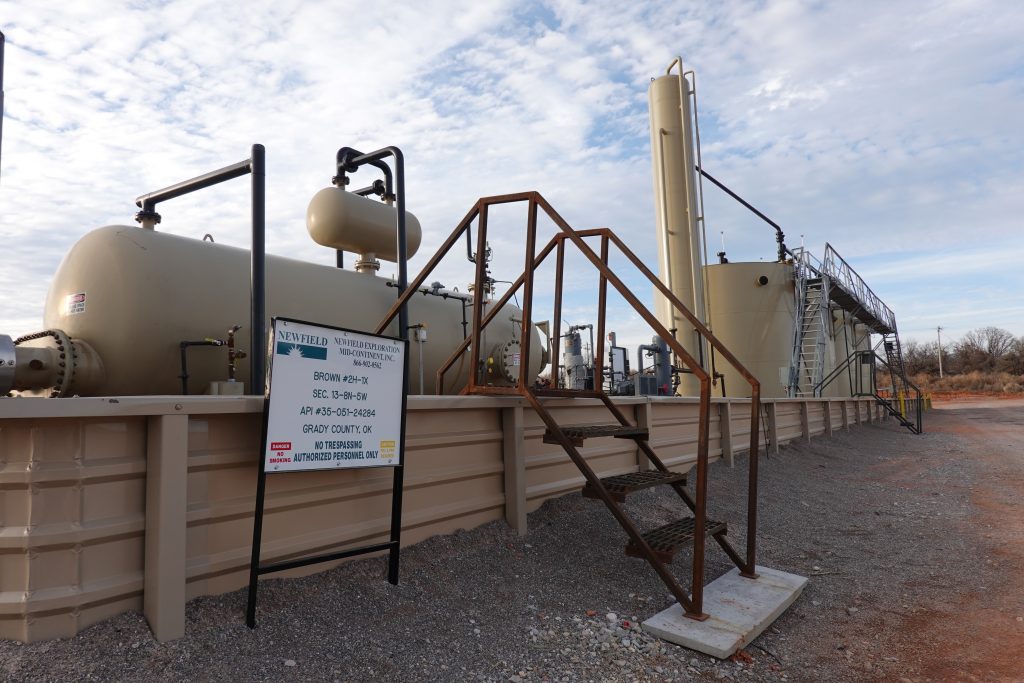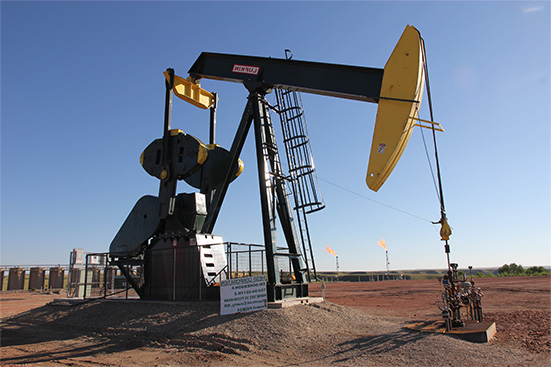
There are a lot of reasons why qualified investors choose to diversify their portfolios by investing in oil and gas. One compelling reason is the substantial tax deductions afforded by this unique opportunity. In fact, when we’re talking about investments rich in tax benefits, a single commodity stands out above all others – oil and gas.
The United States domestic energy production comes with a litany of major tax breaks, which complement any investment strategy. DW Energy, participating as a non-operating working interest partner with some of the most reliable, successful, and proven exploration and production firms in the country, can help any qualified investor take advantage of these tax benefits to protect the investor’s portfolio, build wealth, and reduce overall tax liabilities.
Some of the chief tax benefits that are available to qualified investors who partner with DW Energy include:
Active vs. Passive Income
A working interest in oil and gas investment refers to an ownership interest in a lease or well that gives the qualified investor a share of the income from the production, once royalty investors are paid. A working interest investor shares in the cost of well operations and development. Generally, the working interest comprises the remaining share of income or production once the share of the royalty interest is satisfied.
A working interest is not considered to be a passive activity. As the working interest owner or the operator starts well exploration and development, the costs are billed to the investor. Initially, this refers to well equipment (or tangible) costs, survey costs, as well as tangible drilling costs. For tax purposes, these are not capitalized, but deducted. Typically, the losses incurred from these passive activities would only be considered deductible as long as the investor has passive income. However, if a qualified investor owns a working interest or lease in a well – either directly or through an entity that doesn’t hinder the investor’s accountability to the interest – it is considered a non-passive activity, irrespective of the taxpayer’s participation.
Hence, all net losses are considered as active income in relation to well production. These can be offset against other kinds of income like interest, wages, and capital gains.
Contact DW Energy
Want to learn more about oil & gas investing? Our expert team can provide you with more information or schedule a consultation to talk about diversifying your investment portfolio.

Depletion Allowance
Depletion allowance accounts for the loss in oil and gas reserves in a well. It excludes 15 percent of all gross income from taxation. The 1990 Tax Act is created to support small producers and investors. A firm that refines or produces more than 50,000 BPD is no longer eligible to take advantage of this benefit.
Alternative Minimum Tax
The Energy Policy Act of 1992 nullified Alternative Minimum Tax items, intangible drilling costs, and percentage depletion for royalty owners and independent producers, but not integrated oil firms.
Alternative Minimum Tax (AMT) refers to the least tax that companies or individuals must pay after all credits, exclusions, and deductions have been taken. The AMT has been established to guarantee that taxpayers pay their fair share of taxes by recalculating the income tax owed, putting back certain preferential tax items or deductions.
The tax benefits mentioned above were placed in the Tax Code to ensure that direct participation in oil and gas is one of the best investments available to qualified investors seeking tax relief. If you are a qualified investor looking to take advantage of the many tax benefits available to those investing in oil and gas, get in touch.
Contact dw energy
Sources:
“Oil and Gas Handbook,” IRS, https://www.irs.gov/irm/part4/irm_04-041-001“Oil and Gas Investing Tax Benefits,” Eagle Natural Resources, https://www.eaglenaturalresources.com/oil-gas-investing-tax-benefits/
